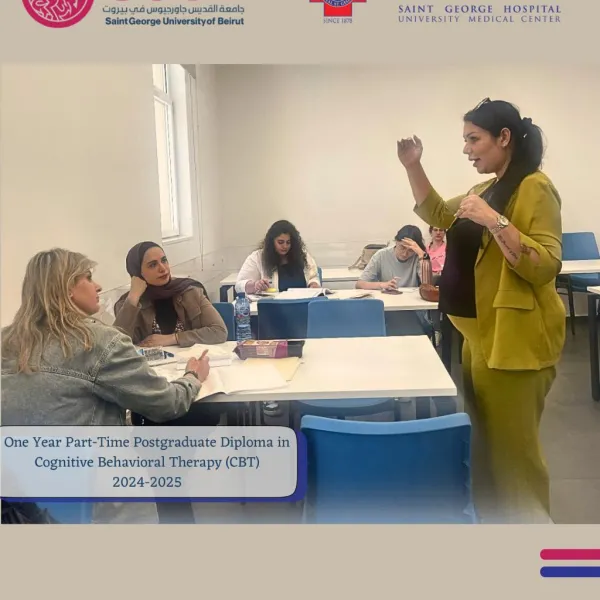The Arabic Composite International Diagnostic Interview
Abstract
In psychiatric research and practice, a comprehensive diagnostic system is crucial for in reconciling differences in diagnosis and in rendering data on Mental Health empirically and quantitatively comparable. The Feighner Criteria, the Research Diagnostic Criteria, the International Classification of Diseases and the Diagnostic and Statistical Manual of the Mental Disorders have not only unified the semantics of dialogue among researchers and clinicians in Psychiatry but also helped in systematizing the methodology of retrieval of research data through facilitating the development of structured diagnostic interviews.
Although structured some instruments, such as the schedule for affective disorders and schizophrenia were already available for clinical and research their inquiries, administration required clinically trained personnel, a fact that hindered the wide-spread use of such instruments if large-scale community epidemiologic studies were to be. It was not until the undertaken. emergence of, first, the Diagnostic Interview Schedule (DIS) and, then, the Composite International Diagnostic Interview (CIDI) that drawing a psychiatric profile of a community became a consistent and time efficient as well as cost-effective process.
Arab Journal of Psychiatry (AJP) , 1995 , 6 , 1,
To obtain complete access to the article, please send an email to idraac@idraac.org, in which you specify your position and the reason for your request.



